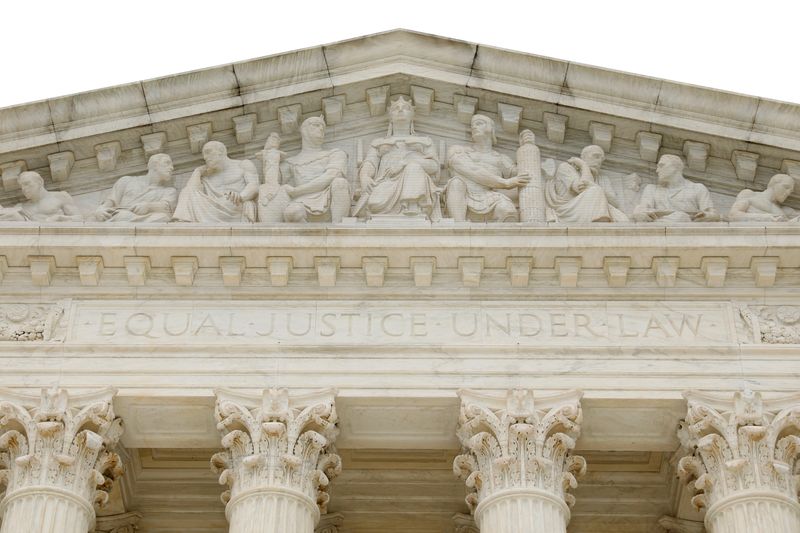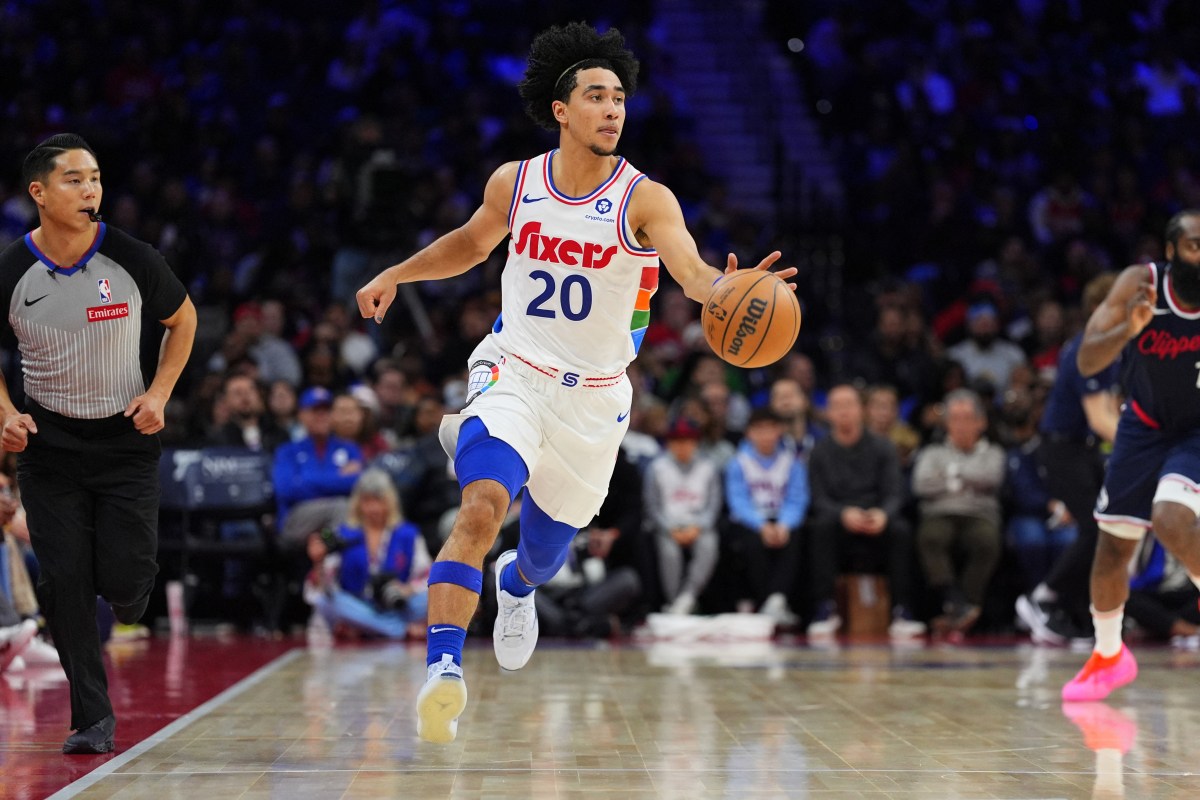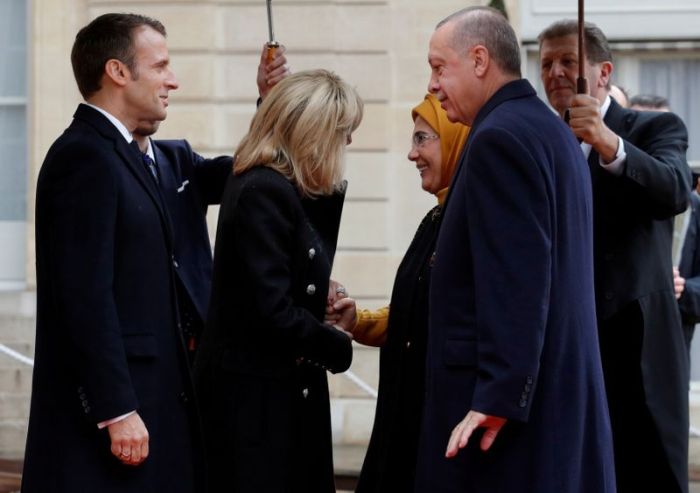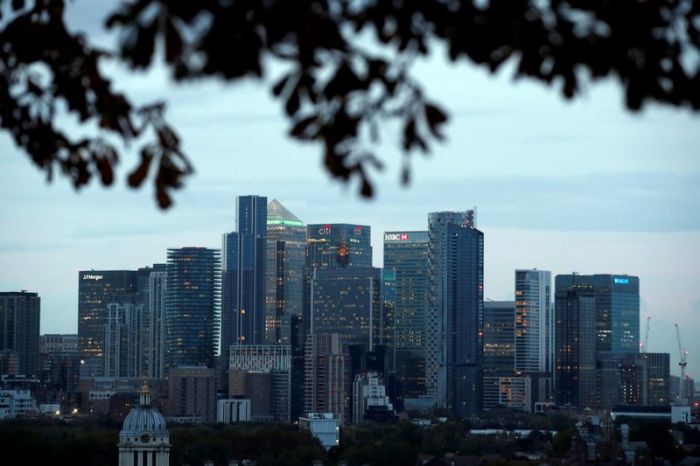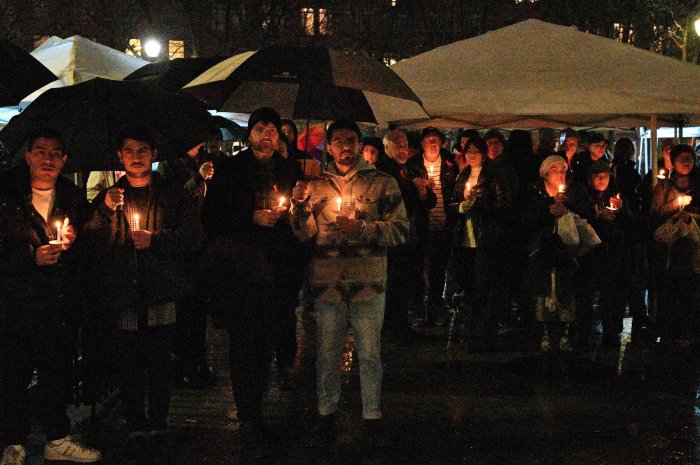WASHINGTON (Reuters) – Conservative U.S. Supreme Court justices on Wednesday appeared sympathetic to religious rights claims against Philadelphia brought by a Catholic Church-affiliated agency after the city refused to use the group in its foster care program because it would not accept same-sex couples as prospective foster parents.
The almost two-hour argument via teleconference was the first major case to be heard by President Donald Trump’s appointee Amy Coney Barrett, who was confirmed to the court last week and participated in cases argued on Monday and Tuesday.
The case pits LGBT rights against religious rights. The nine justices heard an appeal by Catholic Social Services, part of the Archdiocese of Philadelphia, which accused the city of violating the U.S. Constitution’s First Amendment rights of freedom of speech and religion. Catholic Social Services is backed by the Trump administration in the case.
The case provides Barrett and the rest of the court’s 6-3 conservative majority a new opportunity to recognize broader religious rights under the Constitution, building on other rulings in recent years in that vein.
Barrett, a devout Catholic and strong proponent of religious rights, asked probing questions of both sides, but it was her conservative colleagues who appeared more openly sympathetic to the Catholic group.
Justices Samuel Alito and Brett Kavanaugh suggested Philadelphia had targeted the Catholic group over its opposition to same-sex marriage.
“If we are honest about what’s really going on here, it’s not about ensuring that same-sex couples in Philadelphia have the opportunity to be foster parents. It’s the fact that the city can’t stand the message that Catholic Social Services and the archdiocese are sending by continuing to adhere to the old-fashioned view about marriage,” Alito said.
The Supreme Court legalized gay marriage nationwide in 2015.
A lower court ruled in 2018 that the city’s anti-discrimination measures were applied uniformly, meaning the Catholic organization’s religious rights were not violated and it was not entitled to an exemption.
Kavanaugh, a Trump appointee, accused Philadelphia of “looking for a fight” and noted that no same-sex couple had ever even approached the Catholic agency about serving as foster parents.
A ruling against Philadelphia could make it easier for people to cite religious beliefs when seeking exemptions from widely applicable laws such as anti-discrimination statutes.
The justices showed little interest in overturning a 1990 Supreme Court ruling called Employment Division v. Smith, authored by the late Justice Antonin Scalia, Barrett’s conservative mentor.
That ruling limited the ability of people to seek exemptions from laws that apply to everyone. Some justices, both conservatives and liberals, asked questions indicating the Catholic agency could win without tossing out the 1990 precedent.
They appeared to think that the city already allows for other exemptions to its anti-discrimination ordnance when placing foster children with families, which would weaken its argument that the law is applied equally to everyone.
The city’s lawyer, Neal Katyal, said that there were no exemptions when it came to the screening of potential parents, the process at issue in the case.
Even if the court does not go as far as to overturn the 1990 precedent, Catholic Social Services wants the justices to make it easier for religious entities to mount defenses when the government accuses them of violating certain types of laws.
Eleven of the 50 U.S. states allow private agencies to refuse to place children with same-sex couples, according to the Movement Advancement Project, a group backing gay rights.
A ruling is due by the end of June.
(Reporting by Lawrence Hurley and Andrew Chung; Editing by Will Dunham)

